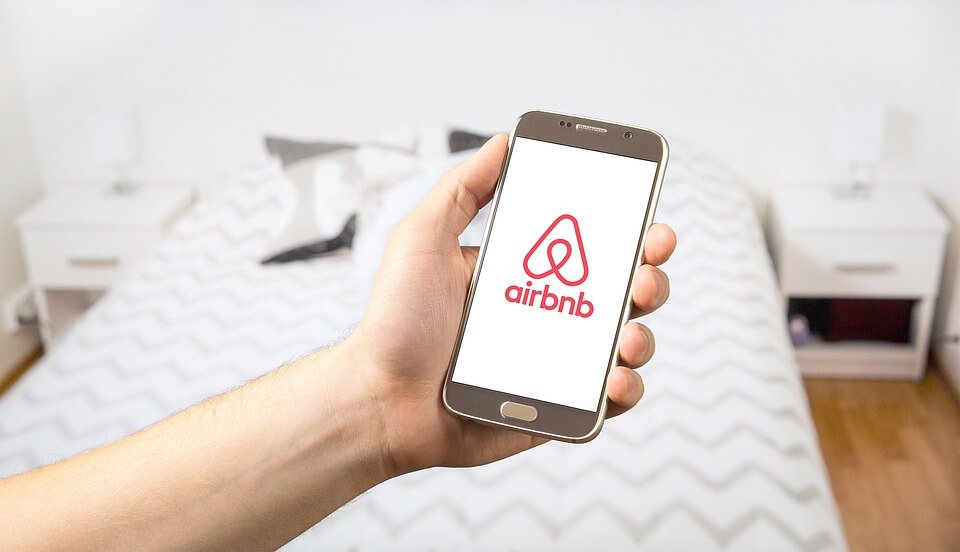Business
Gig economy is here to stay but it may not be for everyone
Gig economy is beneficial to workers and employers, but the freedom and flexibility of work have their own consequences.

Gig economy is changing how people work. The industry still has a lot of potentials to grow, but it may not be for everyone.
What is gig economy?
According to Investopedia, gig economy is a shift from hiring full-time workers in an office set-up to hiring freelancers and independent contractors who do not have to be physically present at offices. Gig economy offers cheaper services because its workers are freelancers only. Moreover, it employs 16 percent of the total workers in the U.S.
What are its advantages?
Freelancers are not bound by office hours. They can work whenever and wherever they want to. If they want to earn more, they simply will have to look for more gigs. It is up to them how to manage their time. They are their own bosses.
The freelance or gig economy is maximizing available assets to churn in profits. Got a spare room? Rent it out on Airbnb. Have a car? Apply as Uber driver. Since these jobs do not require a minimum number of hours, millennials are getting lured into the gig economy because of the freedom it promises. In the end, the amount that they could earn is really up to them.
The gig economy is perfect for startups. Entrepreneurs do not need to have an office. They can meet up twice or once a week in co-working spaces, and everything else can be done using mobile apps, Skype or other online project monitoring tools.
Per NaturalHR, it solves the problems of hiring workers. Before, the HR department has no choice but to hire people full-time with all the benefits, but once a project ends, the people whose expertise and skills may not be suitable for other projects get stuck with the company. The HR now has to think of ways how these people can justify their wages. Also, since the gig economy is not bound by 9-5 working hours, the freelancers can be called upon odd hours to do specific tasks or meet deadlines.

Airbnb is part of the gig economy. (Source)
Why gig economy is not for everyone
Workers in the gig economy usually do not have benefits compared to those who have full-time jobs. Job security is another concern. In gig economy, you only have a job as long as there is demand for it. You will get paid as long as your services are needed. Once the demand is gone, there will be zero earnings.
Because workers are attracted to larger incomes, they tend to neglect their sleeping hours, resulting in health problems. The Financial Times reported that most of the accidents Uber drivers are involved in are related to tiredness of drivers. Some are logging in 14-15 hours a day, while those who have day jobs often drive directly from work.
Since there is no employee-employer relationship in gig economy, with workers considered as third-party contractors, becoming financially stable in the future is one of the top priorities for freelancers. They can set up their own emergency fund or Individual Retirement Accounts. They can also start having health care coverage by paying for premiums individually.
U.S. Department of Labor Secretary Alexander Acosta not only acknowledges the potential of the gig economy but also stresses the need for laws and legal framework for it. There have been high-profile cases where the verdict has sided with the employers, while there are also those which sided with employees. Most cases are focused on the worker’s demand to be treated like full-time employees to get the same benefits.

-

 Africa2 weeks ago
Africa2 weeks agoAgadir Welcomes Nearly 570,000 Tourists by May 2025
-

 Cannabis1 week ago
Cannabis1 week agoRecord-Breaking Mary Jane Fair in Berlin Highlights Cannabis Boom Amid Political Uncertainty
-

 Impact Investing2 weeks ago
Impact Investing2 weeks agoGlobal Gender Gap Progress Slows Amid Persistent Inequality and Emerging Risks
-

 Biotech5 days ago
Biotech5 days agoVytrus Biotech Marks Historic 2024 with Sustainability Milestones and 35% Revenue Growth


























You must be logged in to post a comment Login